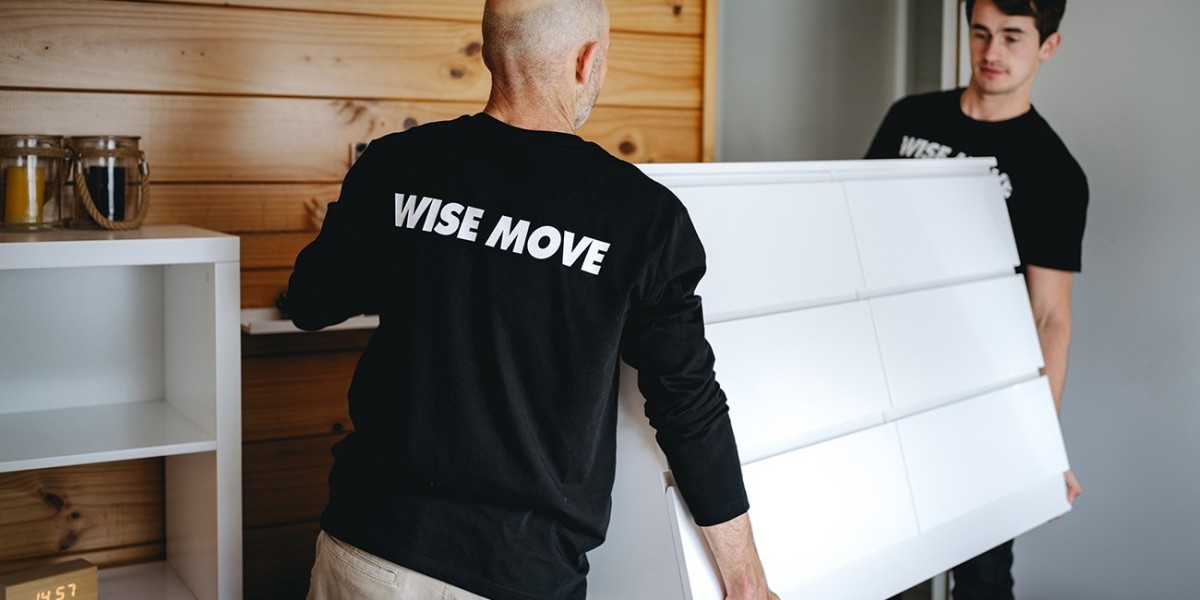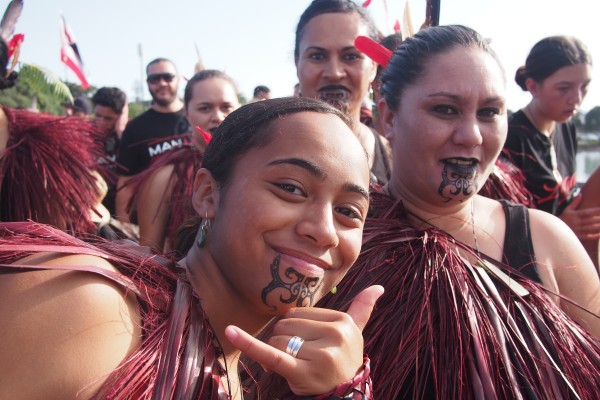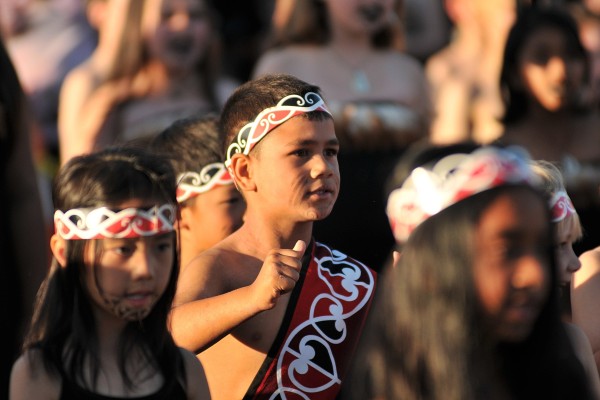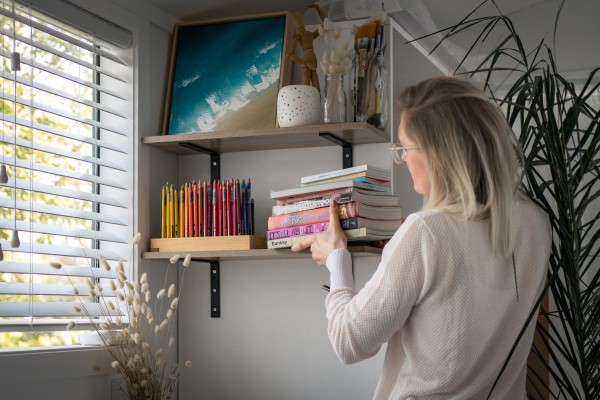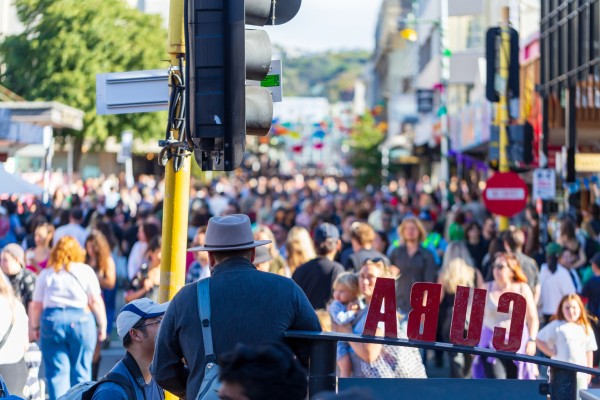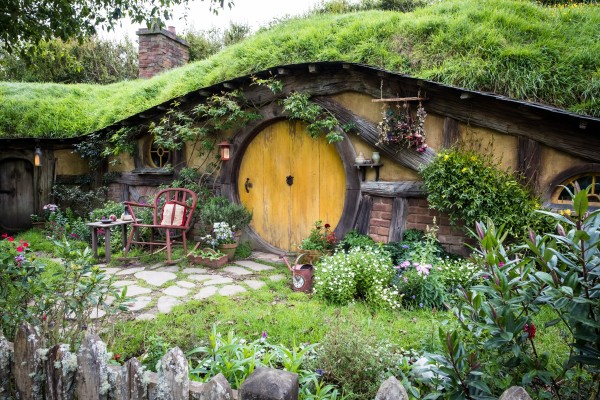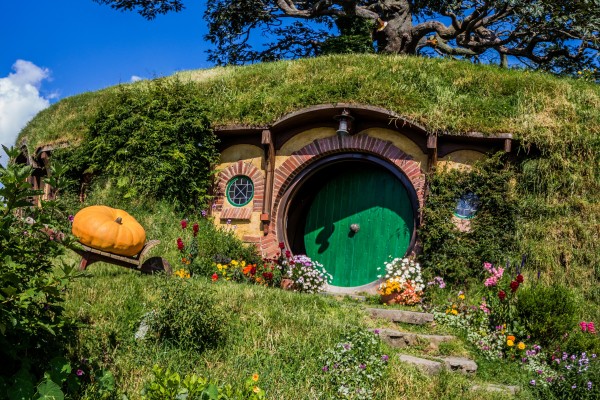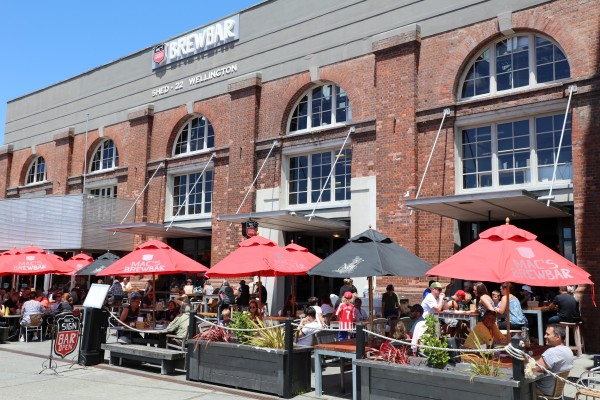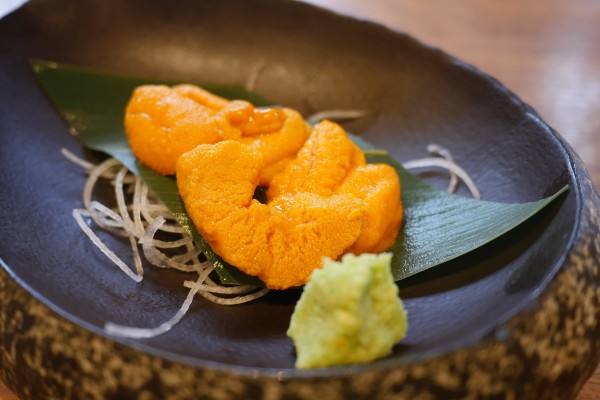Understanding Kiwi Slang and Culture


Moving to a new country comes with a big learning curve. As well as understanding road rules, laws and social etiquette, there’s also the culture and language to get your head around. Here’s everything you need to know about using slang and Kiwi culture.
When it comes to culture, New Zealanders are friendly but informal
Social interactions
- New Zealanders are a casual bunch when it comes to social interactions. On the plus side, this means there’s not too much you can do to offend people. New Zealanders favour genuine interactions and friendliness. In small towns and suburban neighbourhoods, people still say hello to strangers in the street as they pass, and most people know their neighbours.
- One of the downsides to this love of being genuine is tall poppy syndrome. Our love of the underdog means that humility, resilience and self-reliance are praised. While this is undoubtedly a good thing, it also means that people who are overly confident, assertive or arrogant are cut down with criticism. New Zealanders are overly modest about their achievements and uncomfortable with too much praise.
- New Zealanders don’t take well to criticism or critique in a social setting, especially from people they don’t know. Don’t criticise people or give negative feedback if they haven’t asked for it, even if what you have to say is well intended.
- If you’re invited over to someone’s home for a meal, it’s considered polite to bring something as a way of saying thanks. This could be as simple as a bottle of wine, flowers or a small bite to eat. Or, you can repay the favour in a timely manner as a way of saying thanks.
- If you are invited over for dinner, expect to arrive around 6 pm and stay for most of the evening. You’re not just being invited over for food but to hang out, chat and have a glass of wine or beer afterwards. Leaving after you have eaten or for another excursion before your hosts have indicated the night is over is considered rude.
Manners

- Despite their laid-back nature, manners are an important part of Kiwi culture, and there’s nothing worse than appearing rude, pushy or demanding. If you are in a restaurant, always use please or thank you when ordering, and say excuse me to get the attention of the waiter or bartender. Snapping fingers, calling over, or using hand gestures to get the wait staff's attention is considered rude.
- New Zealanders don’t like to make a fuss. If you are in a restaurant or cafe, limit the number of modifications you make to the meal. It’s considered rude to order food with a long list of changes. A more polite way to get what you want is to ask before you order about any changes you’d like to make.
- New Zealanders aren’t overly punctual, but showing up late is a no-no. If you’re invited somewhere for a gathering, show up on time or, at the most, ten minutes late. Showing up early also isn’t encouraged. This can put pressure on your hosts or will mean you’re waiting alone.
- Always clean up after yourself when you are in public. This could be tidying your table at a restaurant (cutlery and napkins on your plate, chairs pushed in) or taking your rubbish with you after leaving a picnic. This will ensure you are being a ‘tidy Kiwi’.
- Wait patiently when you are in a queue. New Zealanders aren’t fussy about how you queue, especially if you are in a more informal setting, like buying items at a corner store (known as a dairy). You might notice that people tend to wait near the counter rather than forming an orderly line. Just note who is ahead of you, and most people will do the same.
- It’s considered polite to open doors or hold the door for people behind you. Do this for everyone regardless of what gender they are.
Work
- Work-life balance is also praised. Kiwis like to work hard but equally enjoy their time off. The minimum mandatory paid holiday days is 20, giving Kiwis many opportunities to relax. If you’re moving to New Zealand for work, don’t be afraid to use your holidays and take sick days when you need it too. Those are also paid.
- While New Zealand is a world leader in some areas, and innovation is part of what Kiwis do best, our geographic isolation also means we operate in a bit of a bubble. You may find the approach to work slower here than in other fast-paced cities. While some immigrants may find this frustrating, others will find it a welcome change of pace.
Home Life

- Around 64% of New Zealanders own their own home, and home ownership and investing in property is seen as the Kiwi dream. This is slowly changing as homes become more expensive and younger people view investing differently than older New Zealanders.
- New Zealanders love pets. Around 28% of New Zealanders own a dog, and 44% own a cat. It’s also not uncommon for people to bring their dogs to social interactions.
- Kiwis love the outdoors, and it’s no wonder. Even in the biggest cities, you’re never far from a walking trail or body of water. Fishing, hiking (often called tramping in New Zealand), water sports, boating, diving, hunting, and camping are all popular and affordable pastimes.
Politics
- New Zealand is a liberal country. Its two main political parties, Labour and National, sit just to the left and right of the political centre. Like many countries, politics isn’t generally discussed publicly unless you are with people you know well. However, unlike the political divide in other Western nations, politics is less of a hot topic in New Zealand.
- As a result, many social issues are accepted and aren’t considered hot topics of debate. New Zealand has a strong history of civil rights, women’s liberation and LGBT+ rights.
Māori Culture

New Zealand is both a multicultural society and a bi-cultural society. While not perfect, the indigenous culture of New Zealand, Māori, is more integrated than in many other countries. However, there is still a way to go when it comes to comparing outcomes between Māori and non-Māori.
It’s important that people moving to New Zealand understand the importance of Māori culture and the integration of this culture into wider society. New Zealand has three official languages, including English, Māori and New Zealand sign language, and Te Reo Māori (the Māori language) is being increasingly incorporated into national media.
It can be helpful to be aware of tikanga Māori (Māori behaviour or ways of doing things) as these practices are common throughout different New Zealand settings. Here are some things that are good to put into practice no matter where you are, but especially if you are invited onto a Marae (meeting house) or to dine in someone’s home who is Māori:
- Remove your shoes before you enter from outside
- Don't put hats on food tables or sit on tables
- Don't pass food over a person’s head or touch a person’s head
- Wait to cross a room if someone of authority is speaking
- Don't step over people
New Zealand slang
Aotearoa - This is the Māori name for New Zealand, and it's often used in place of the country's English name.
Jandals - A New Zealand term for flip-flops or thong sandals.
Chur - This has lots of meanings and varies from "thanks," "cool," or "goodbye," depending on the context.
She'll be right - An expression that conveys that everything will be okay or that there's no need to worry.
Bach - Pronounced "batch," it refers to a small, simple holiday home or beach house.
Sweet as - This phrase is used to indicate that something is excellent or all right or in place of “it’s okay.”
Kia ora - A Maori greeting that is commonly used to say "hello" or "welcome,” it can also be used as a word of encouragement or well done.
Dairy - In New Zealand, a dairy is a convenience store or corner shop where you can buy snacks, drinks, and everyday items.
Puku - This Maori-derived term refers to the stomach or belly. For example, "My puku is full after that meal."
Bro - A casual term used to address a friend, mate, or acquaintance. It's similar to "mate" in Australian slang.
Chilly bin - A cooler or ice chest used to keep drinks and food cold, especially during outdoor gatherings.
Footy - Short for "football," this term typically refers to rugby, which is the most popular sport in New Zealand.
Choice - Used to express approval or agreement. For example, "That was choice!"
No worries - A common expression meaning "it's okay" or "you're welcome."
Tu meke - Roughly translated from Maori as "too much," it generally means that you’ve gone above and beyond, and the effort is appreciated.
Tea - while not a slang word, tea has two types of meaning in New Zealand. If you’re asked over for tea, you are likely being invited for dinner, not afternoon tea.
What do our customers say?





For every (wise)move

